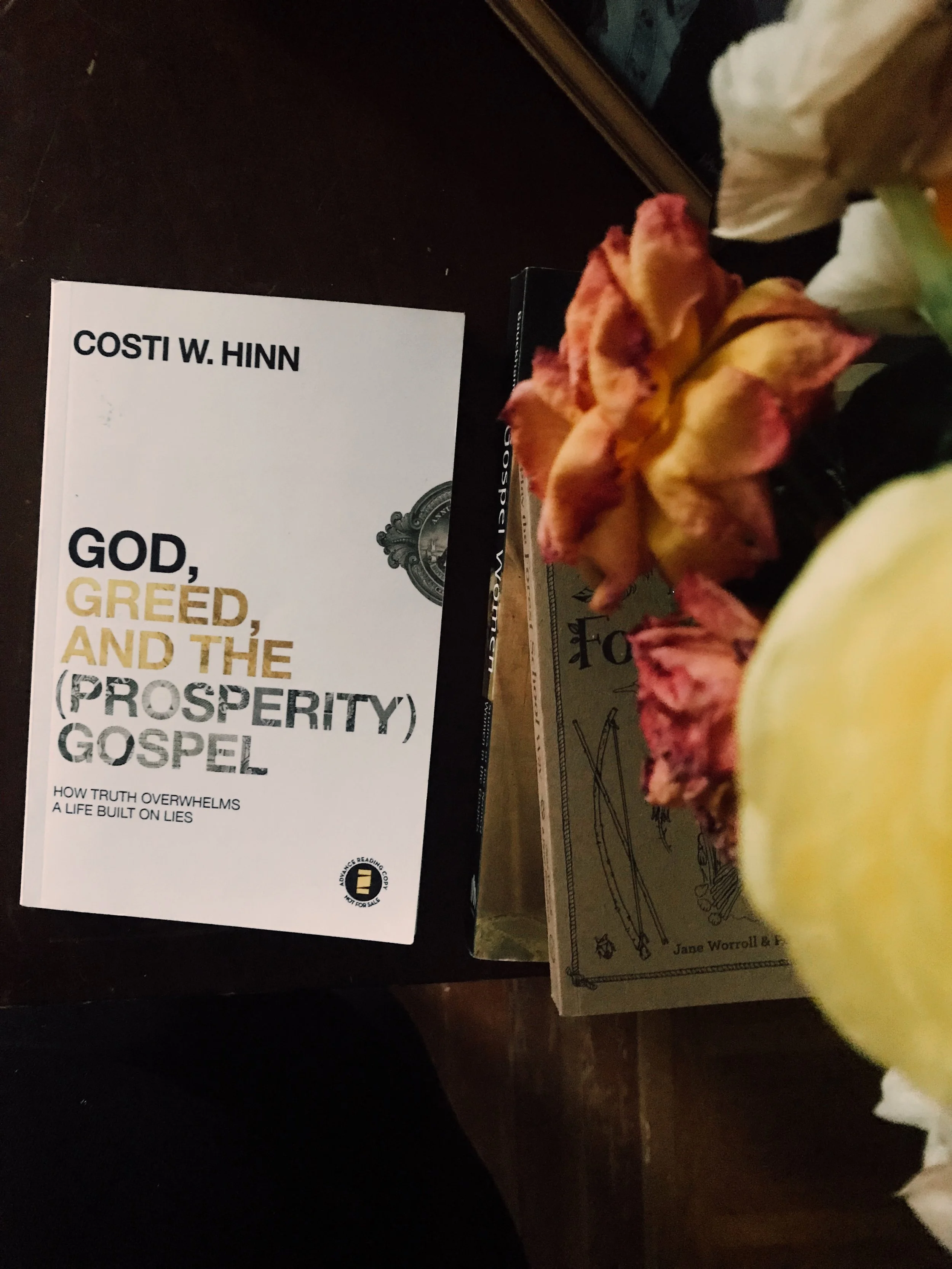Clotheslines, Enjoyment, and Work
Andrea Burke
Photo of our clothesline taken by https://www.honesttogoodnessphoto.com/
“Why do you do that?” a friend asked me.
The lace tablecloths and patterned sheets fluttered like flags on the evening breeze. Yes, I have a dryer. Yes, I know that I can just put them in the dryer.
But have you ever seen the way a rose-stitched tablecloth moves under the golden sun? Have you ever laid down at the end of a summer day under a quilt that smells like the edges of spring and the sweetness of rain? They can’t capture this stuff in a Tide bottle.
“I do it because of the way it smells,” I laugh. We all chuckle. Why haul a heavy basket of wet laundry out behind the barn, at the edge of the daisy-filled field to hang sopping wet blankets, cloths, and bedding just for the smell?
Tonight, I did it again. A basket sidled up against my hip, maple clothespins pinched to the edge of my tank top, a summer breeze, an empty clothesline. I tried to reason with myself as I walked.
“I could just put this in the dryer,” I muttered. “But I’m also saving on electricity and that seems to matter these days, right? But that’s not why I’m really doing it.”
I hang up the first blanket. It’s our winter comforter. The one filled with goose down. I’ve just stripped our beds from all of the cold weather bedding and I’ll wash it all before it goes into a plastic tub until November. It’s heavy but the wind picks it up without a struggle. The kids will run through it later, their tiny faces peeking around it like a stage curtain. In November, when I pull it from the gray bin, I’ll remember summer, the hot sun, and our burned noses.
Our matching sheets are next. Like a sail, the fitted sheet billows out. The hay in the field moves with it. A quiet symphony for anyone who cares to hear, anyone who stops to witness and pay attention.
These wandering thoughts continue until I’m snapped back to reality when I’ve run out of clothespins. The beauty and the earth, the ordinary work of laundry, and the common grace of wildflowers and summer winds — this is why I do that. I don’t need a moral or economic reason for everything. I don’t need a cause or a purpose for the simple act of enjoying the very accessible gifts God has stretched between those two ancient walnut trees behind my barn.
I do it because it makes me love it all more. The earth, the summer, the laundry, the people, the fields, the wind, the sun, the work. All of it. I wonder how much we all avoid doing things we simply find beautiful and good because we’re so laden down with the need to explain ourselves.
Why are you eating that ice cream? A million reasons we could answer, but in reality it’s because it’s sweet and a delight to our tongues. It reminds me of childhood and little league games by the creek. Why are you laughing? A hundred points of why, but really because we still can. Because in this messy world, when grief and wickedness abounds, we still find ways to laugh and let our souls lift for a moment.
Why are you planting those seeds? Why are you wearing that nice dress? Why are you singing? Why are you painting that? Reading that? Enjoying that?
Because before we were consumers, we were consummate enjoyers. I cannot get to Eden from this side of Heaven but I can remind my heart that when the wind blows, I can step a bit closer to that thin veil where the sound of music from some faraway land makes ripples on my skin for just a brief moment.
Simply because I want to.
“I perceived that there is nothing better for them than to be joyful and to do good as long as they live; also that everyone should eat and drink and take pleasure in all his toil—this is God’s gift to man.” Ecclesiastes 3:12-13


